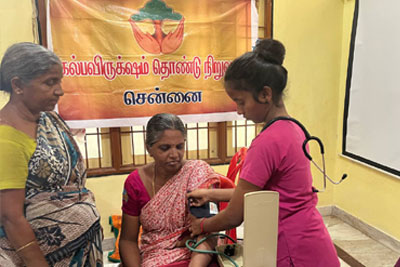Feel Free to call:+91 89250 25444
- Home
- About us
- Get Involved
- Awareness Corner
- » Oncology decoded
- » Radiation Oncology
- » Keloid
- » Healthy Diet
- » Addiction recovery from Habits
- FAQs
- Blogs
- Testimonials
- Gallery
- Awards and Certification
- Pearl Health Institute
- Contact Us











